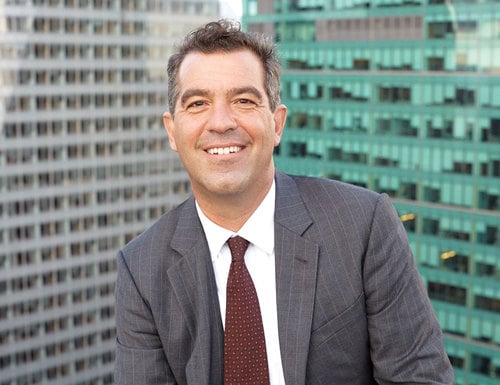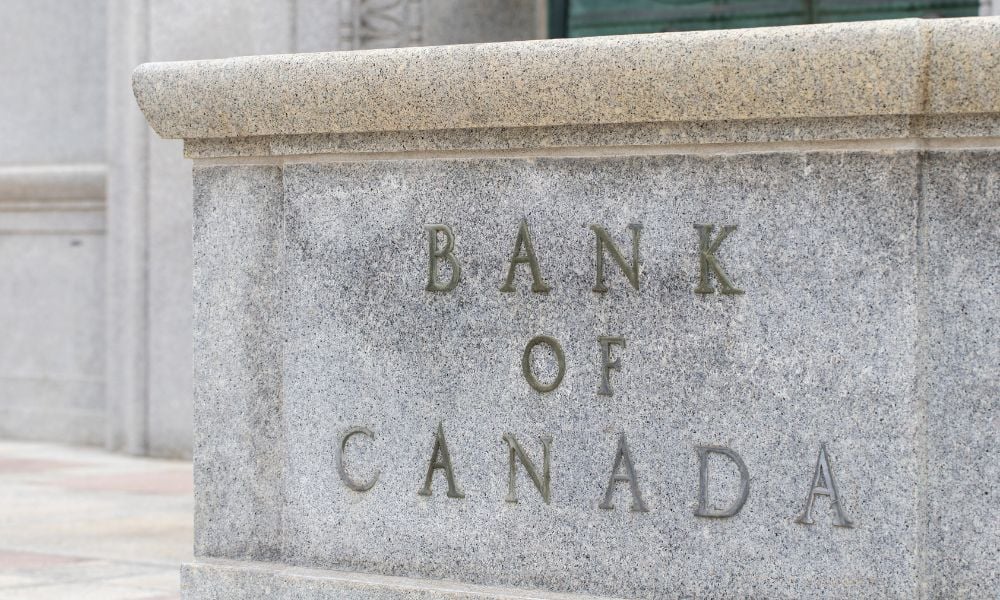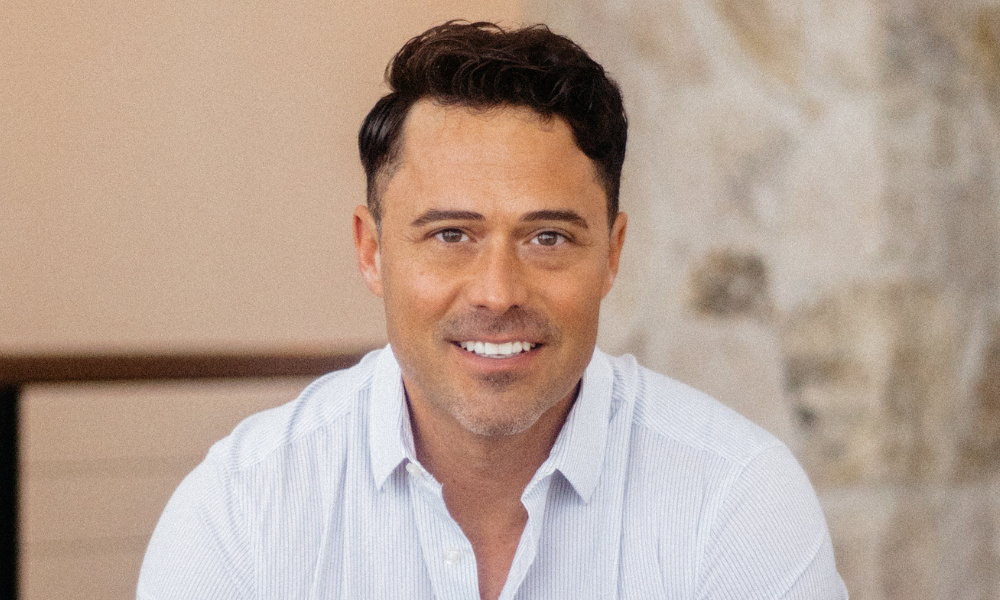An investment industry veteran shares the story of his ascent and describes why he adopts a value based investment approach

When Charles Lemonides finished his Bachelor’s degree in History from Vassar College he headed straight for Wall Street. It was the mid-80s and Wall Street wasn’t as attractive a location as it had previously been. But Lemonides was not to be perturbed. He’d always found the mathematical logic of investing compelling and was eager to understand what made investments good or bad. “I wanted to learn how one should judge an investment and I always thought it was an important job,” Lemonides says.
Lemonides received his CFA designation in 1989 and describes his first few years in the industry as “fun, exciting and challenging”. In those early years he developed a wide range of skills and spearheaded the addition of high yield bonds and distressed securities to his department’s coverage.
In 1994, Lemonides joined an investment firm called Sterling Advisors and was appointed Chief Investment Officer the following year. In 1999, Lemonides merged the investment practice into the independent advisory firm M&R Capital. As CIO of M&R, he began branding the composites he brought over from Sterling under the banner of a new firm, ValueWorks. In October of 2001 he took ValueWorks fully independent. “When you open your own shop, you’re able to make the investment decisions you want and you live or die by how you do; that’s always been attractive to me,” Lemonides says. “The markets had not been very exciting for two years and I had the sense that we were probably closer to the bottom to the top. I thought it an opportune moment to step out on my own.”
New York was a tough place to be in late 2001 in the immediate aftermath of 9/11. People were scared, angry and disillusioned; life had been turned upside down and everyone was trying to understand what might happen next. During these though times, Lemonides found solace in being able to help clients find some sense in a world that felt so senseless. “People were adrift in terms of how they should position their portfolios; there was a sense that the ground had shifted under people,” he says. “Being in a place where one could offer guidance and insight was a way to feel productive in what was a very tumultuous moment. I felt like what I was doing was important.”
As the name of his firm suggests, Lemonides is a value investor. For him, the approach makes sense both “intellectually and emotionally”. He likes having the ability to analyze the underlying worth of an asset in the real world before making an investment decision. “It also helps you deal with negative price action in securities and gives you an intellectual framework when things go against you,” he says. “There’s nothing more important than having the ability to keep the course steady and straight when the environment is difficult and prices are going against you.”
For Lemonides, the most satisfying aspect of ValueWorks has been growing from a two person team to an eight person organization. From an investment perspective it’s been a much tougher 15 years than he would have expected. “But the key to investing is working through those challenging periods so that you benefit from the up periods,” he says. “The organization has really come together and, as a team, we know what we bring to the table. We’ve ended up earning investors healthy rates of return and that has also been satisfying.”
Related stories:
Are Canadian investors right to ignore macro concerns?
Loonie continues to slide
Lemonides received his CFA designation in 1989 and describes his first few years in the industry as “fun, exciting and challenging”. In those early years he developed a wide range of skills and spearheaded the addition of high yield bonds and distressed securities to his department’s coverage.
In 1994, Lemonides joined an investment firm called Sterling Advisors and was appointed Chief Investment Officer the following year. In 1999, Lemonides merged the investment practice into the independent advisory firm M&R Capital. As CIO of M&R, he began branding the composites he brought over from Sterling under the banner of a new firm, ValueWorks. In October of 2001 he took ValueWorks fully independent. “When you open your own shop, you’re able to make the investment decisions you want and you live or die by how you do; that’s always been attractive to me,” Lemonides says. “The markets had not been very exciting for two years and I had the sense that we were probably closer to the bottom to the top. I thought it an opportune moment to step out on my own.”
New York was a tough place to be in late 2001 in the immediate aftermath of 9/11. People were scared, angry and disillusioned; life had been turned upside down and everyone was trying to understand what might happen next. During these though times, Lemonides found solace in being able to help clients find some sense in a world that felt so senseless. “People were adrift in terms of how they should position their portfolios; there was a sense that the ground had shifted under people,” he says. “Being in a place where one could offer guidance and insight was a way to feel productive in what was a very tumultuous moment. I felt like what I was doing was important.”
As the name of his firm suggests, Lemonides is a value investor. For him, the approach makes sense both “intellectually and emotionally”. He likes having the ability to analyze the underlying worth of an asset in the real world before making an investment decision. “It also helps you deal with negative price action in securities and gives you an intellectual framework when things go against you,” he says. “There’s nothing more important than having the ability to keep the course steady and straight when the environment is difficult and prices are going against you.”
For Lemonides, the most satisfying aspect of ValueWorks has been growing from a two person team to an eight person organization. From an investment perspective it’s been a much tougher 15 years than he would have expected. “But the key to investing is working through those challenging periods so that you benefit from the up periods,” he says. “The organization has really come together and, as a team, we know what we bring to the table. We’ve ended up earning investors healthy rates of return and that has also been satisfying.”
Related stories:
Are Canadian investors right to ignore macro concerns?
Loonie continues to slide



